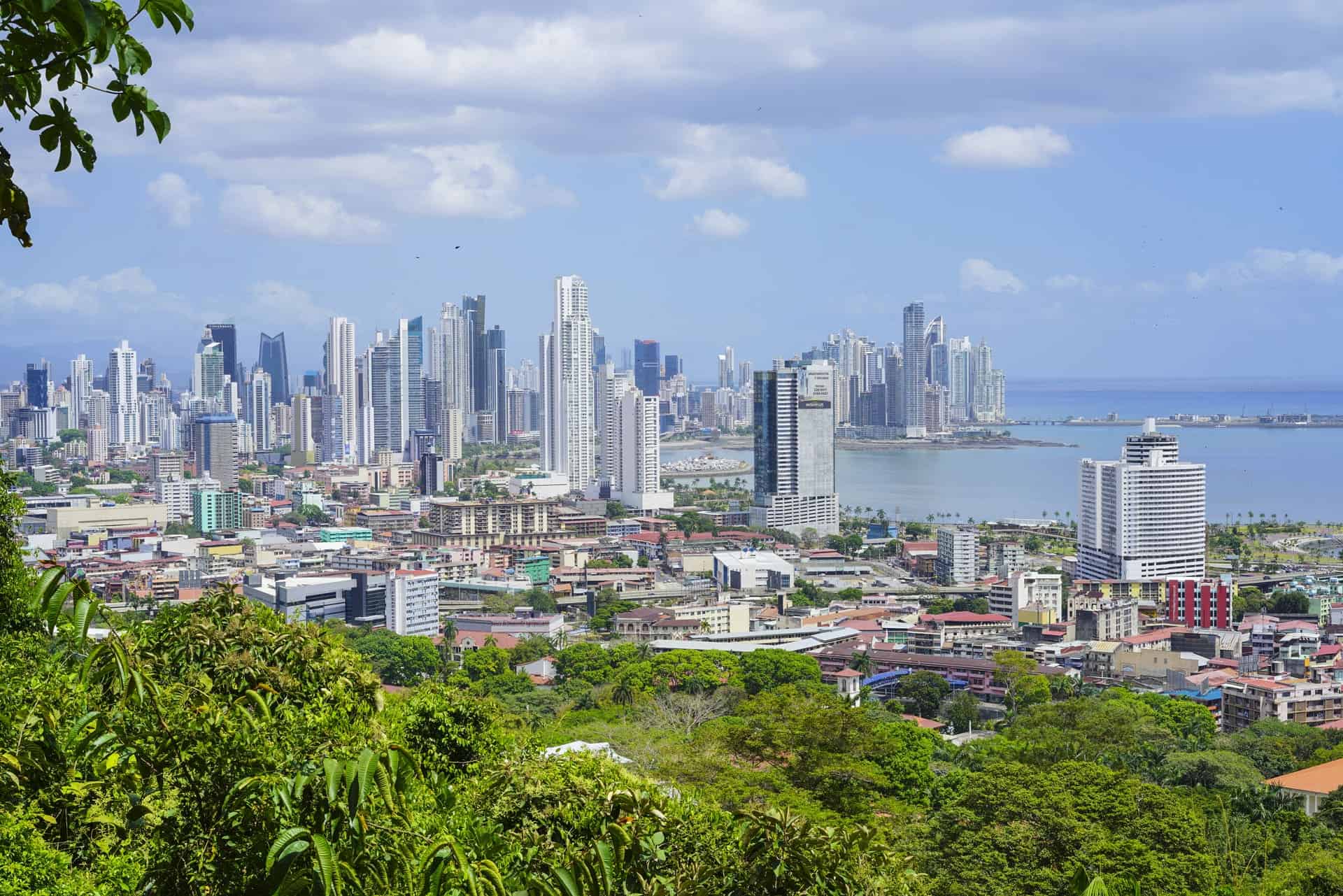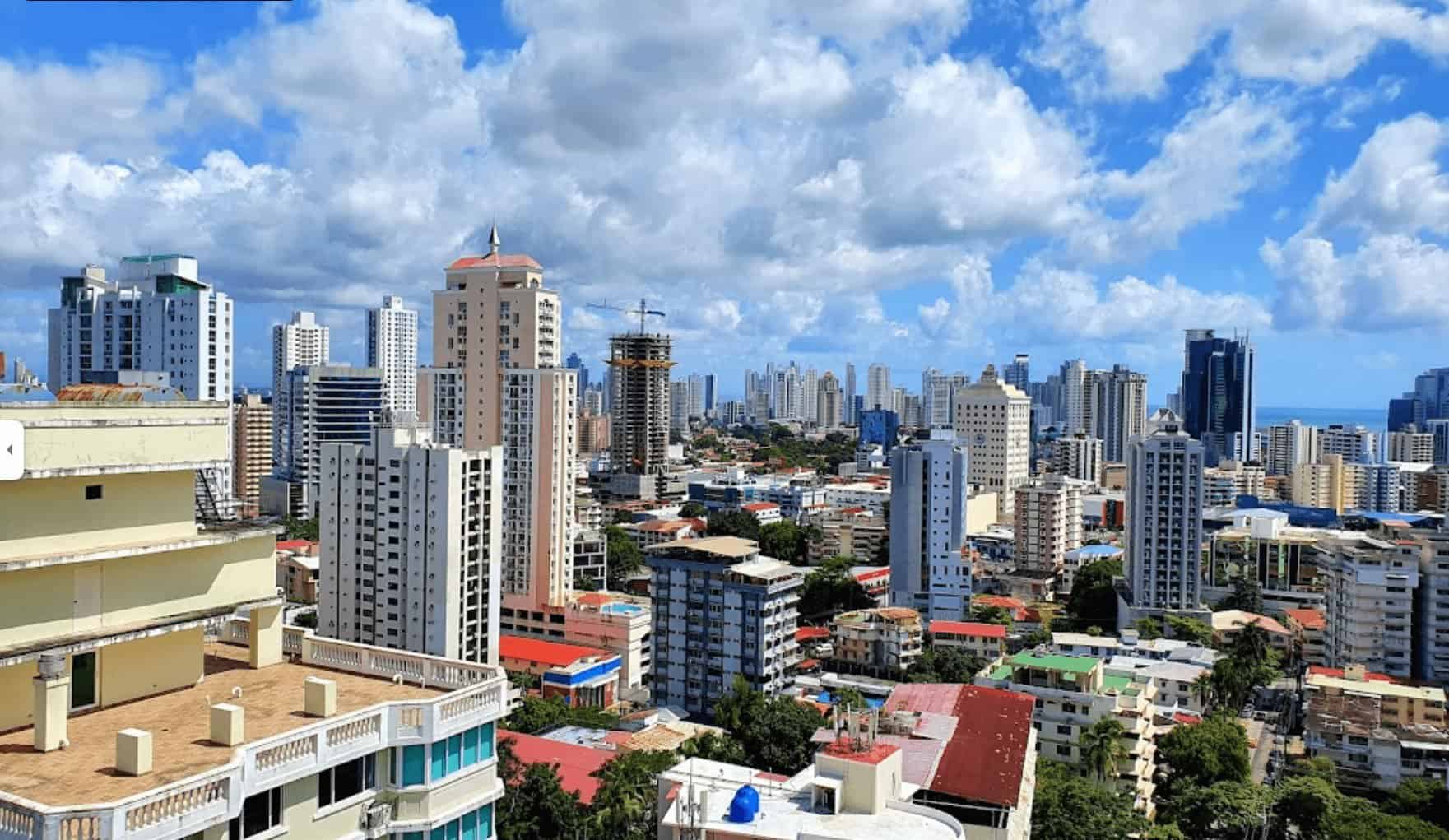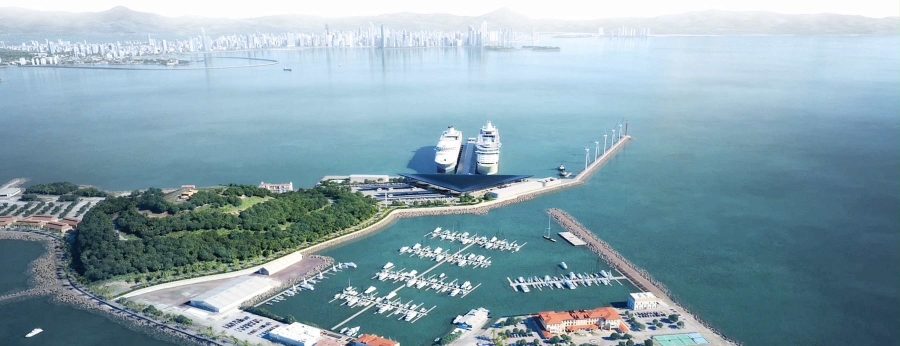Let’s delve into the essential topic of safeguarding your real estate investments in Panama. As an investor, ensuring the protection of your assets is paramount, and understanding the strategies available to you is key. In this article, we’ll explore effective methods for asset protection, including robust estate planning and succession strategies tailored to the Panamanian context. With Panama’s dynamic legal landscape, staying informed about changes in law and policy is crucial. We’ll discuss how to navigate these changes effectively, ensuring your investments remain compliant and optimized for success. Whether you’re a seasoned investor or considering entering the Panamanian real estate market, this article will provide valuable insights to help you protect and maximize your assets. So, let’s dive in and explore how you can safeguard your real estate assets in Panama.

Strategies for Asset Protection
One effective approach to protect assets involves crafting a tailored plan aligned with your unique financial circumstances. Below, we will delve into various strategies for real estate asset protection:
- Secure Insurance Coverage: Asset protection insurance bridges the gap between a property’s current market value and its initial purchase price in the event of unforeseen circumstances. Such policies serve to mitigate property risks and provide coverage in instances where a legal judgment surpasses the existing coverage.
- Create an Asset Protection Trust: An Asset Protection Trust facilitates the ownership of property by a third party on behalf of the original owner. Essentially, the trustee holds the title to the property, while the beneficiary retains the benefits associated with it. The trust agreement delineates the identities of the trustee and beneficiaries, outlining terms, conditions, and the trustee’s obligations. Additionally, the agreement stipulates beneficiary succession, thereby avoiding probate for trust property.
- Set Up a Separate LLC to Hold Your Real Estate Asset: This approach commonly involves placing LLCs into trusts. An LLC operates as a separate legal entity, thereby segregating any trusts incorporated within its structure from personal assets. Consequently, these assets become less accessible to claimants or creditors seeking recourse. Moreover, the formation of an LLC serves to mitigate the liability associated with business properties.
- Develop a Trust-Based Estate Plan: A comprehensive estate plan protects and preserves real property value while simplifying disbursement. An estate plan protects your assets, including investment properties, from seizure. Establishing an estate plan is wise for protecting real estate assets should you pass away or become incapacitated.
- Utilize Equity Stripping Strategies: Maintaining mortgage debt alongside real estate assets can offer certain advantages. Employing equity stripping techniques has the potential to mitigate the risk of facing lawsuits.
- Risk Mitigation Measures: Reducing risk is important in safeguarding assets in real estate. For example, conducting comprehensive tenant screenings and checking credit reports contribute to the selection of the most appropriate lessees. Moreover, meticulous reference checks on applicants help in choosing desirable tenants, thereby mitigating potential risks

Estate Planning and Succession
In estate planning and succession for real estate investors in Panama, it’s essential to understand the legal frameworks and tools available to ensure a smooth transition and protection of assets beyond the owner’s lifetime. Panama offers specific processes and instruments, such as wills, trusts, and private interest foundations, to facilitate estate planning and asset protection effectively.
Estate Planning in Panama: Key Considerations
- Successions: Panamanian laws delineate protocols for the transmission of assets after demise, encompassing both intestate (without a will) and testamentary (with a will) successions. Intestate succession is determined by the absence of a decedent’s explicit will, while testamentary succession adheres to the directives laid out in a formal will. This procedure entails judicial oversight contingent upon the estate’s valuation, requiring several documents and procedures to legitimize succession, such as declarations of heirs and thorough inventory and appraisal procedures.
- Cross-Border Estate Planning: For American expatriates or investors who possess assets across various nations, including Panama, effectively managing estate planning demands thorough deliberation. Factors such as the recognition of US wills in Panama, the likelihood of conflicting instructions across different legal jurisdictions, and the precise criteria for a will’s acknowledgment in Panama underscore the imperative for precise planning. Employing distinct estate plans for assets situated in each location or formulating a unified, comprehensive document encompassing all jurisdictions may prove essential.
Estate Planning Tools in Panama
- Panamanian Trusts: Much like their American counterparts, trusts in Panama facilitate the transfer and administration of personal assets to a trust entity, which then assumes ownership independently of the grantor. This framework empowers the trust to oversee and distribute assets in accordance with the trust agreement, providing an efficient avenue for sidestepping probate and ensuring seamless asset transfer upon the grantor’s passing.
- Private Interest Foundations: Exclusively available in Panama, these foundations offer a versatile and discreet means of asset management and protection. Functioning as autonomous legal entities with the capacity to possess property and financial accounts, they prove advantageous for circumventing probate processes and managing assets in alignment with the founder’s directives. Particularly beneficial in navigating intricate scenarios involving compulsory heirs under Panamanian legislation, these foundations offer a strategic asset management solution.
Factors to Consider
For real estate investors operating in Panama, particularly those with ties to the US or investments spanning various jurisdictions, it is imperative to enlist the expertise of seasoned legal professionals specializing in international estate planning. This approach guarantees that your estate plan not only adheres to pertinent legal regulations but also adeptly safeguards your assets and streamlines their distribution in accordance with your preferences. Panama’s estate planning landscape presents a range of mechanisms and tactics for safeguarding real estate assets. Proficiency in comprehending and maneuvering through these alternatives can markedly influence the security of your assets in Panama.
Staying Informed: Understanding Changes in Law and Policy
For real estate investors in Panama, staying informed about changes in law and policy is vital for safeguarding investments and ensuring compliance with local regulations. Panama offers a variety of incentives aimed at promoting tourism and real estate development. These incentives include exoneration from importation taxes, property tax exemptions, and income tax benefits for investments in tourism-related projects. Panama recognizes titled property, which offers the most security and is the preferred type for investment due to its clear registration in the Public Registry. Possession rights property, akin to “squatter’s rights,” and concession property, similar to land lease arrangements, are other forms of ownership with their own sets of rules and benefits. Each type of ownership has specific procedures for acquisition and due diligence, impacting investment strategies and legal compliance.
The importance of staying updated with Panamanian laws and international regulations cannot be overstated. Changes in legislation, such as updates to tax laws or adjustments to property ownership regulations, can significantly impact investment viability and legal compliance. Investors are encouraged to do regular consultations with legal professionals specializing in Panamanian real estate law ensuring that investors remain aware of current laws and regulatory changes. Participation in real estate and investment associations provides networking opportunities and access to collective expertise on navigating Panama’s legal landscape. Monitoring Government Publications and legal bulletins serve as primary sources for staying abreast of legislative updates and policy alterations affecting real estate investment.
Conclusion
In conclusion, safeguarding your real estate assets in Panama requires a multi-faceted approach. By implementing effective strategies for asset protection, prioritizing estate planning and succession, and staying informed about changes in law and policy, you can mitigate risks and optimize your investments for success. Whether you’re a seasoned investor or new to the Panamanian real estate market, these insights will empower you to protect and maximize your assets effectively. Stay proactive, stay informed, and take the necessary steps to secure your financial future in Panama’s dynamic real estate landscape.






